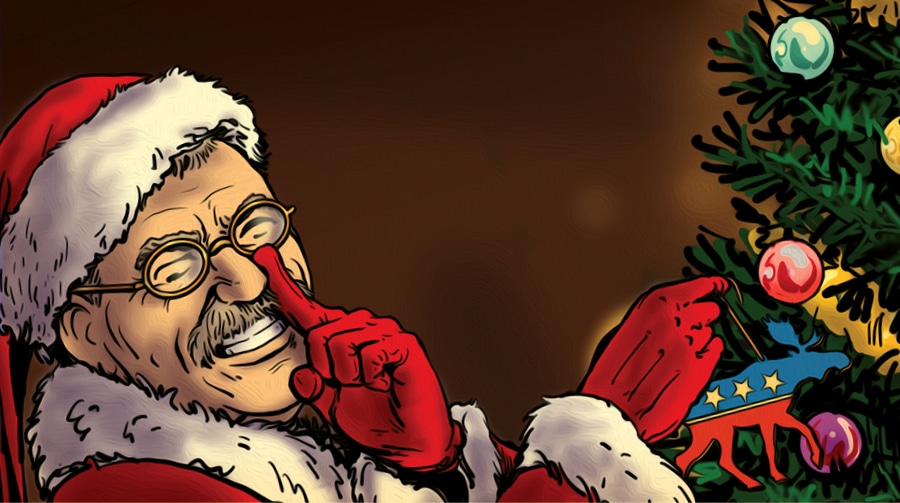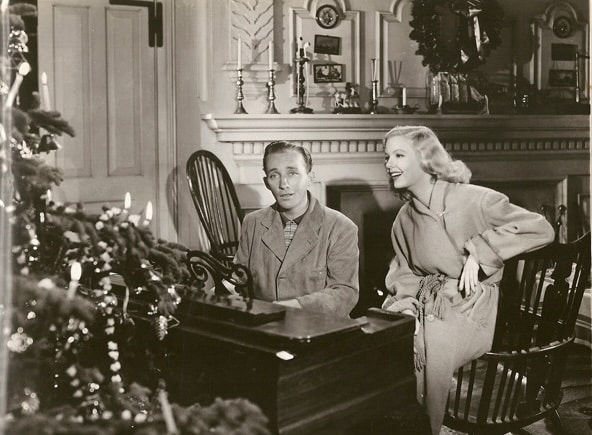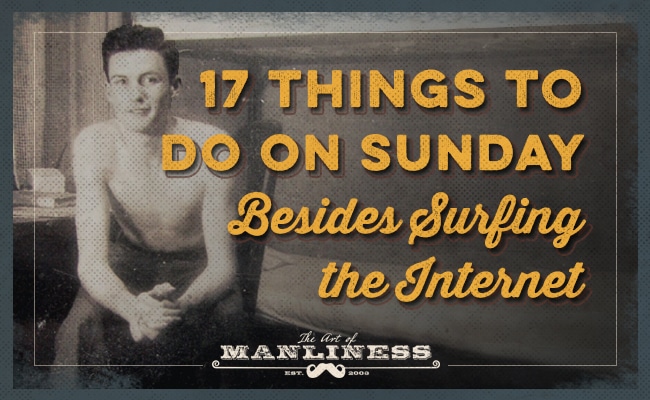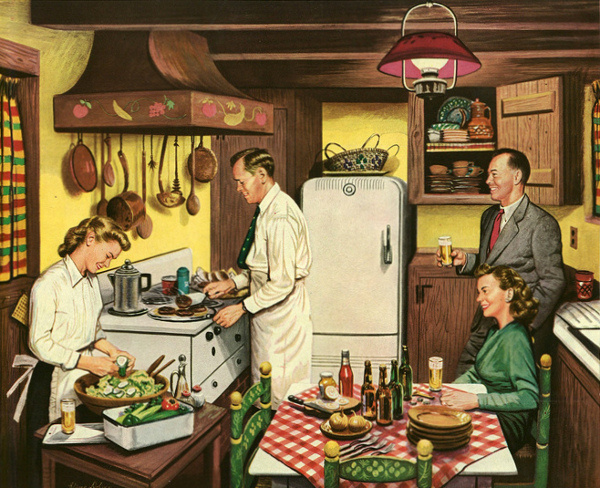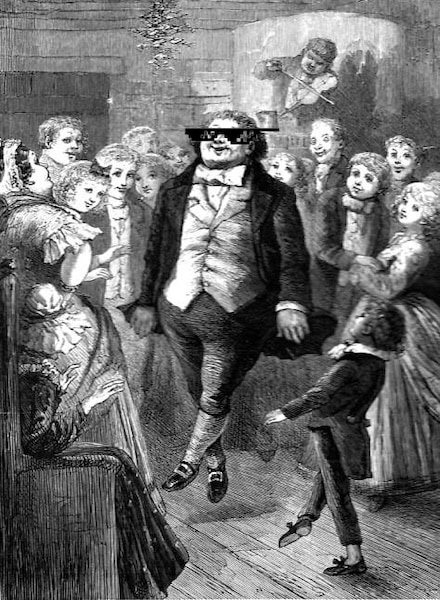
For almost a decade now, Kate and I have hosted an annual holiday party in our home where we invite our friends and their families for food, fellowship, and festivities.
The parties are a lot of work. A lot of work. When you add planning a Christmas party for 30+ people on top of all the other holiday to-dos like Christmas gift shopping and end-of-semester school activities, things can get pretty dang overwhelming. And the parties cost a pretty penny, too.
In past years, when the party planning would commence in November, I’d start murmuring.
“Do we really need to do it this year? How about we just keep things simple and not do anything? People won’t miss it.”
But Kate, God bless her, would keep us pressing forward.
“Come on now,” she’d say. “We’re creating the texture of people’s memories.”
We’d end up moving forward with the party, and you know what?
I was always glad we did.
It’s one of the highlights of our year, and from what we’ve heard, a highlight for our friends as well.
Last year, I had an experience that changed how I approached our annual holiday shindigs.
I re-read Charles Dickens’ classic, A Christmas Carol.
As I did, a scene in the story particularly captured my attention and transformed my outlook on our parties: Old Fezziwig’s big, holiday bash.
Haunted, Inspired, by the Ghost of Christmas Past
Picture this: Aged, miserly Ebenezer is standing next to the Ghost of Christmas Past and is looking at his younger self. It’s seven o’clock on Christmas Eve. Scrooge’s old boss, Mr. Fezziwig, lays down his pen, rubs his hands together, adjusts his waistcoat, laughs to himself, and calls out in “a comfortable, oily, rich, fat, jovial voice”:
“Yo ho, my boys!” No more work to-night. Christmas Eve, Dick. Christmas, Ebenezer. Let’s have the shutters up, before a man can say Jack Robinson.”
A young Ebenezer and his co-worker get to work in turning the warehouse into “as snug, and warm, and dry, and bright a ball-room, as you would desire to see upon a winter’s night.”
The guests — employees, their families, and neighborhood kids — start pouring in.
The party goes hard. Well, as hard as a Victorian Christmas party could go.
A fiddler plays like his life depends on it, and everyone is dancing their hearts out. There are games, and the feast is epic — roasted meat, mince pies, and plenty of beer.
And then Old Fezziwig struts to the center of the makeshift ballroom with his wife, Mrs. Fezziwig.
They start dancing to that all-time banger, “Sir Roger de Coverley.”
Fezziwig’s dancing is so deft that “a positive light appeared to issue from [his] calves.” It appears as though his legs “wink” at the spectators. Everyone is clapping and cheering for him.
At eleven, the party is over.
Mr. and Mrs. Fezziwig personally wish every guest Merry Christmas as they joyfully walk out the door, another holiday party successfully executed.
Be the Guy Who Creates the Backdrop of People’s Holiday Memories
As I read this part of The Christmas Carol, I thought, “Man, Fezziwig was such a baller.”
Then, as the Ghost of Christmas Past sees Scrooge reveling in his childhood memory, they have an exchange that really drove home the point:
‘A small matter,’ said the Ghost, ‘to make these silly folks so full of gratitude.’
‘Small!’ echoed Scrooge.
The Spirit signed to him to listen to the two apprentices, who were pouring out their hearts in praise of Fezziwig: and when he had done so, said,
‘Why! Is it not! He has spent but a few pounds of your mortal money: three or four perhaps. Is that so much that he deserves this praise?’
‘It isn’t that,’ said Scrooge, heated by the remark, and speaking unconsciously like his former, not his latter, self. ‘It isn’t that, Spirit. He has the power to render us happy or unhappy; to make our service light or burdensome; a pleasure or a toil. Say that his power lies in words and looks; in things so slight and insignificant that it is impossible to add and count them up: what then? The happiness he gives, is quite as great as if it cost a fortune.’
Reading Scrooge’s realization brought me to the same one: relatively small outlays of effort can have a disproportionate impact; simple gestures of kindness, hospitality, and goodwill can really add warmth and light to other people’s lives.
You can be a man who brings joy to others, who offers a spirit-lifting event to look forward to and adds something fun and different to folks’ alternately overly boring and overly stressed routines.
You can be the guy who creates core memories for your friends and family — memories that will bring a warm smile to their faces decades later.
How baller is that?
Now when I plan our holiday parties with Kate, I try to take a Fezziwig mindset to it.
When I start feeling grumpy and Scrooge-like about planning the food and setting up tables and chairs, I ask myself: WWFD?
What Would Fezziwig Do?
Fezziwig Was a Baller; Be Fezziwig
Sure, throwing a big holiday party can require a fair amount of time and money; that’s what makes it a generous act.
But the magic of a holiday party isn’t how expensive or elaborate you make it. What made Fezziwig’s party awesome wasn’t how much he spent on it, but the vibes he brought. He embodied goodwill. He was energetic. He was joyful. He made it his goal to make others feel good about themselves.
This holiday season, harness the spirit of Fezziwig by planning and hosting a holiday party.
Invite your friends. Queue up a Spotify Christmas playlist. Play some games. Sing some carols. Dance so hard that light emits from your calves.
You’ll create some great memories for yourself, but more importantly, for others. So that someday, if they’re visited by the Ghost of Christmas Past, who wants to help them remember a happy time, the spirit will whisk them to the glow of your doorstep twenty, thirty, forty years back.



